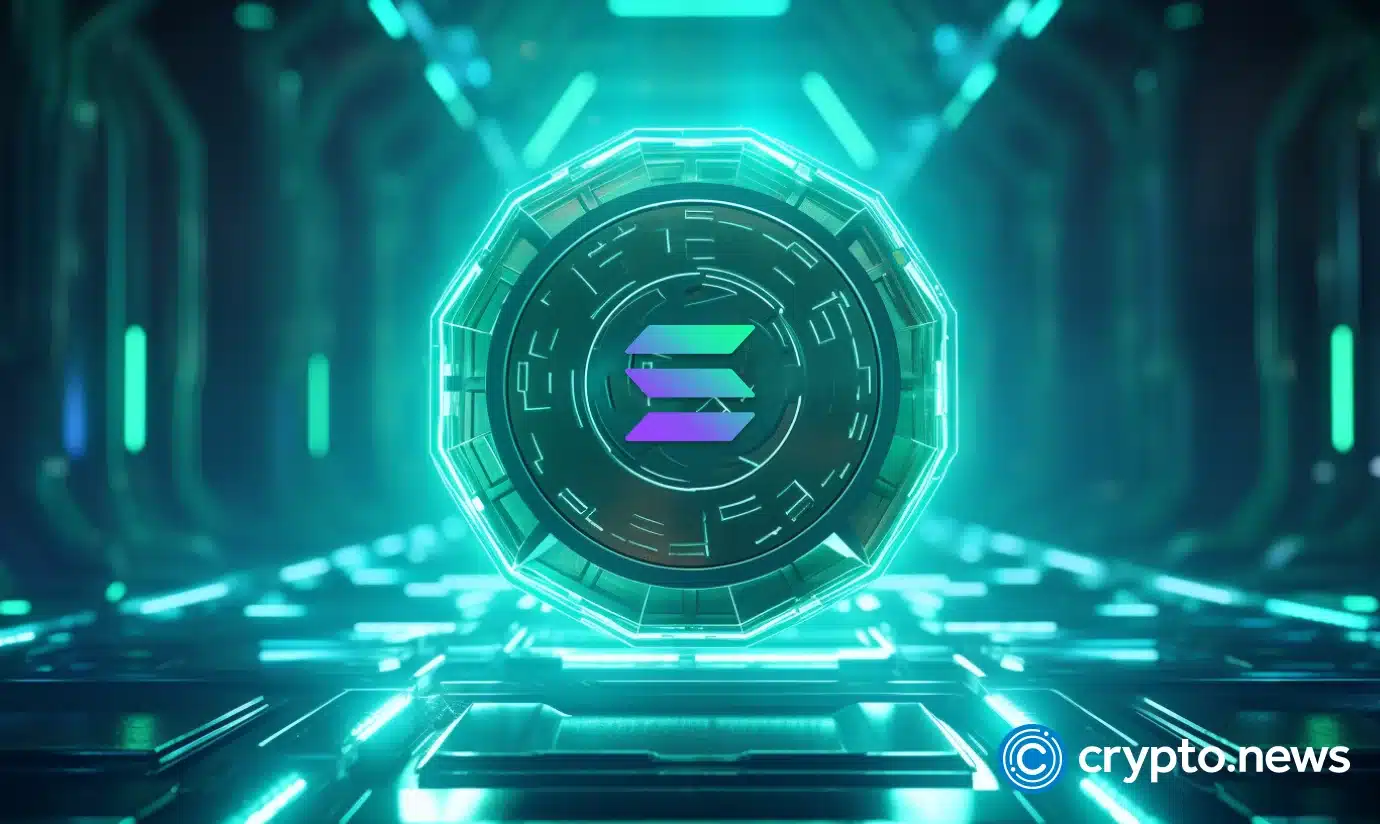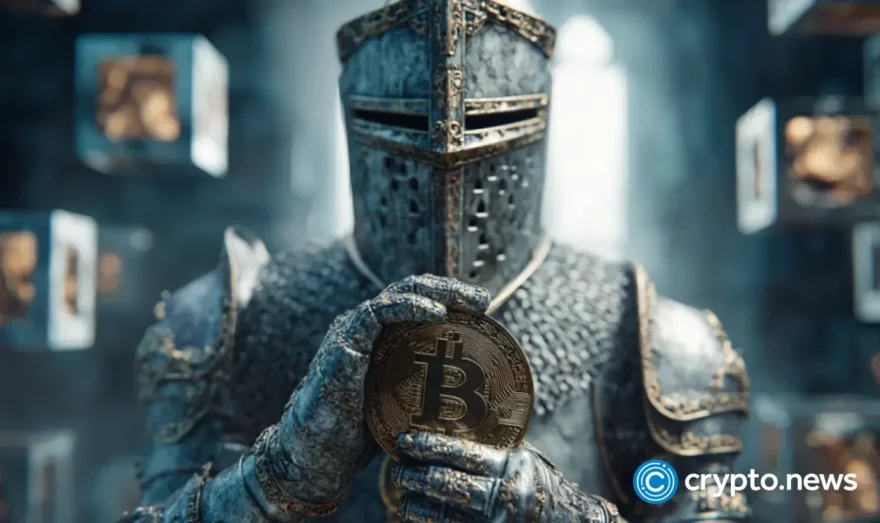HKVAC revises key crypto index, Solana to replace Ripple in ranking shakeup

The Hong Kong Virtual Asset Consortium (HKVAC) unveiled changes to several of its cryptocurrency indexes.
HKVAC’s rebalancing, set for Jan. 19, will affect its central index, the HKVAC top 5, as well as the top 1O Index and the Global Large Cryptocurrency Index.
The HKVAC top 5 will exclude several prominent cryptocurrencies. For instance, Solana (SOL), which has recently been highlighted for its significant market strides, is set to replace Ripple’s XRP.
Despite the tumultuous 2022 collapse of the FTX crypto exchange, which sent SOL prices plummeting by over 95%, Solana has rebounded remarkably. It now boasts a year-over-year surge of 436.5% and a market cap of $42.67 billion, placing it as the fifth-largest cryptocurrency.
In comparison, XRP has seen a more modest growth of 51.5% in the same period, and despite a $31.47 billion valuation, it now ranks sixth.
Additional changes made by HKVAC include the removal of Filecoin (FIL), Binance USD (BUSD), Maker (MKR), Ivy (IVY), and TrueUSD (TUSD) from its Global Large Cryptocurrency Index, making way for Near Protocol (NEAR), Internet Computer (ICP), Immutable (IMX), Optimism (OP), and Injective (INJ).
The reevaluation of the index by HKVAC, which rates digital asset trading platforms and crypto market indexes, is a significant barometer of the ongoing shifts in the crypto market. It reflects not only the current market dynamics but also the potential growth areas, as seen by industry experts.
Tron (TRX), for instance, has made an impressive recovery from a bear market downturn between 2018 and 2020, with a 100% rally in 2023. However, it will be replaced in the Top 10 index by Avalanche (AVAX), which itself has been buoyed by its recent rally and partnerships with JPMorgan and Citi for asset tokenization initiatives.
These benchmark indices used by investors to gauge the performance of digital assets can greatly influence investment decisions. As such, the visibility and perceived market strength of the included cryptocurrencies can be significantly impacted.
HKVAC’s revision aligns with Hong Kong’s proactive approach to the cryptocurrency sector. It comes amid preparations to welcome spot crypto ETFs into the semi-autonomous region following the U.S. Securities and Exchange Commission’s (SEC) approval of 11 spot Bitcoin ETF applications.
Hong Kong’s Securities and Futures Commission (SFC) has insisted that crypto transactions must be conducted through platforms licensed by it or authorized financial institutions, ensuring regulatory compliance and investor protection.















